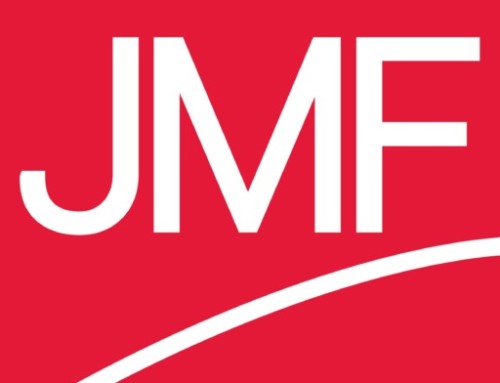By: Rachel Taylor, CGMA, CPA, Tax Manager
Rachel is a member of the JMF Tax Department. With more than seven years of experience in public accounting, she assists clients with corporate, partnership, and individual income tax return reporting as well as complex issues regarding multiple state filing and other state tax issues.
Late on Tuesday, December 15, 2016, Congressional leaders introduced a bill extending over 50 expired tax provisions. The “Protecting Americans from Tax Hikes (PATH) Act of 2015” will make permanent many of the individual and business tax extenders. Many of these provisions are routinely extended by Congress on a one- or two-year basis and have been expired since 2014. (See 2014 blog: Senate passes bill temporarily renewing tax breaks, 2012 blog: 77 Tax deductions expired in 2011 or Google Fiscal Cliff of 2011, for example.)
In addition to the permanent extenders, a number of other provisions were extended beyond one year. These permanent and multi-year extensions will provide more stability for taxpayers and business owners from year to year. This bill passed the House on Thursday, December 17, and passed the Senate on Friday, and is expected to be has now been signed by the President. UPDATE 12/18: President Obama signed the PATH Act; it is now the law.
Depreciation
The most closely watched extenders are likely the ones related to bonus depreciation and the increased Section 179 expense limits. Taxpayers received good news with these extenders this year.
- Bonus depreciation has been extended through 2019. The Act extends 50% bonus depreciation to qualified assets purchased before January 1, 2018. The Act allows 40% bonus depreciation for qualified assets purchased in 2018, and 30% bonus depreciation for qualified assets purchased in 2019.
- The Section 179 limits have been permanently extended to allow $500,000 expensing limitation and $2 million phase-out amounts. These amounts are indexed for inflation. This will eliminate the need to extend these increased limits each year.
- The additional first year depreciation cap for automobiles and trucks has been extended through 2019. This does not apply to vehicles with a gross vehicle weight rating over 6,000 pounds. The additional depreciation expense is $8,000 for 2015 through 2017, $6,400 for 2018, and $4,800 for 2019.
General Business Provisions
The key business tax extenders being made permanent include:
- The research and development credit,
- The employer wage credit for employees who are active duty members of the uniformed services, and
- The reduction in the S corporation built-in gains tax recognition period to five years.
Individual and Family Provisions
The key individual and family tax extenders being made permanent include:
- The enhanced child tax credit,
- The enhanced American opportunity tax credit (for tuition and related expenses),
- The tuition deduction (for tuition and related expenses)
- Tax-free distributions from IRAs for charitable purposes,
- Improvements to the 529 accounts that will now include computer equipment, software, and even internet access as qualified higher education expenses,
- The deduction for certain expenses for elementary and secondary school teachers, and
- The deduction for State and local general sales taxes in lieu of State and local income taxes.
There are also several temporary extenders that are being extended through 2016. The following are important to homeowners:
- The exclusion from gross income of discharge of qualified principal residence indebtedness,
- The provision allowing mortgage insurance premiums to be deducted with home mortgage interest, and
- The credit for nonbusiness energy property.







Leave A Comment
You must be logged in to post a comment.